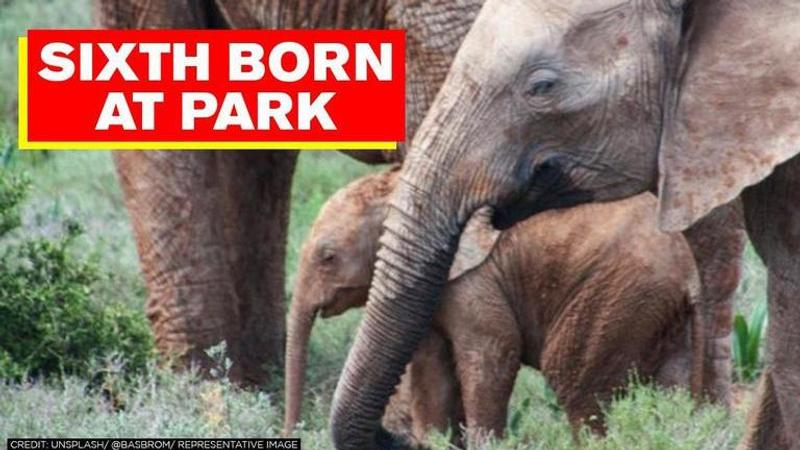Published 15:57 IST, August 16th 2020
Mexico: Baby elephant, whose birth was live-streamed, named Zoom after video chat app
Named 'Zoom', after the video app for virtual meet amid COVID-19, the Mexico elephant calf is being planned to be released in the wild in Africa.

Baby Elephant whose birth was live-streamed by a safari park in Mexico named ‘Zoom’ after the video chat app launched amid the coronavirus pandemic for virtual communication is being planned to be released in the wild in Africa in later stages of life. Born in Puebla, southeast of the Mexican capital, the baby elephant is the sixth sibling born in a herd of elephants rescued from the poachers in Namibia nearly 8 years ago, according to reports.
Director of Africam Safari, where the calf has taken birth and was live-streamed, Frank Carlos Camacho was quoted as saying in a news agency report that the park aimed at raising the calf appropriately and then returning it in the wild in Africa once it was capable of surviving on its own. He insisted that the wild animals belonged in the wild, and the authorities in the park intended to send it to Africa among the herd of similar origin. It was only for a short duration that the calf will be held captive in limited space in the park.
Pandemic made the job 'difficult'
However, Camacho stressed that the COVID-19 pandemic has made the job “difficult” as the tourism industry suffered a major backlash in the wake of the pandemic. Zoom was witnessed playing with the other elephants in the safari park, as per the reports. Camacho reportedly said that the birth of an elephant was extremely rare to be ever witnessed by humans. He added, that the birth was useful for gauging scientific information, measuring times, fluid volumes, among other factors. Further, he insisted that the park has set its goal and aims for it despite the current scenario.
In an attempt to prevent the worldwide poaching of the ivory and other parts of the elephant, on the eve of World Elephant Day, Singapore destroyed over 8.8 tonnes of seized ivory. It included the contraband tusks obtained from more than 300 African elephants, as per the reports. Singapore also launched a Center for Wildlife Forensics to identify the specimens involved in the illegal wildlife trade of Elephants.
Updated 15:57 IST, August 16th 2020




